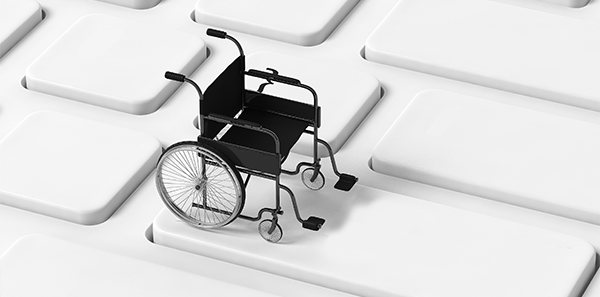
PV: To what degree was the physician workday impacted by this process? In many places, they’re not finished with rounds until 11 a.m. or noon, and they don’t do discharges until after that.
Explore This Issue
ACEP Now: Vol 35 – No 12 – December 2016
“At 9 a.m., nurses and doctors, social workers, and care managers all get together and talk about the issues for the day. One of these issues is early discharge. The team identified the three to six patients on their unit that are being discharged home, and the doctors have already rounded on them; those people could be discharged early.” —Katherine Hochman, MD
KH: We tried to work smarter instead of harder. It meant adjusting the resident conferences from the morning conferences to the afternoon. We also created a daily safety huddle in the morning. At 9 a.m., nurses and doctors, social workers, and care managers all get together and talk about the issues for the day. One of these issues is early discharge. The team identified the three to six patients on their unit that are being discharged home, and since the doctors have already rounded on them, those people could be discharged early.
PV: Before we get to the nitty-gritty details of the obstacles, what was the overall end result?
KH: The effort was started in March 2012. We quickly rose from the single-digit percentage of discharge before noon to over our target, which was 30 percent. We’ve sustained that over the years, and our most recent discharge-before-noon rate has been over 40 percent.
PV: What did it take to accomplish this?
KH: I think it is important to note that this effort did not cost the institution any money except for some pizzas, cupcakes, and a few gift cards. In terms of our process improvement, everything we did was one big, giant PDSA cycle [Plan Do Study Act]. On occasions when we missed a target discharge, we did a mini root-cause analysis with the medical director and nurse manager to determine why. Some issues were very actionable. Other times, we understood that, for example, a patient waiting for dialysis really should never have been put on the discharge-before-noon list, but we did work with hemodialysis staffing, and sometimes those nurses would come in early to accommodate a discharge-before-noon patient.
PV: Did you have to extend more hours for care managers or social workers?
KH: No. Everybody, the care management and social workers, stayed during their current hours.
Pages: 1 2 3 4 | Single Page





One Response to “Early Hospital Discharge Can Improve Capacity, Patient Flow”
December 1, 2022
Mark BThis is ridiculous. The inpatient/hospitalist team controls discharges, and they are trying to get patients out. I am a cardiologist but worked as a hospitalist during and for months past COVID. Everybody wants to discharge. Administration is looking at everyone of your patients and saying about your patient who had two rapid responses overnight “Well these haven’t had one this morning, can they be discharged.” The patients want to leave. They can have two chest tubes in and as your rounding on them they say”can’t you pull these out and I can go home”. Hospitalists make more on discharges than progress notes, so they are trying to discharge their service. But the hospitalists are generally short term employees and so are the dumping ground for the whole hospital. Let hospitalists actually do their job and not be the answer for everything the hospital doesn’t want to deal with. The ER contributes to this issue. If a patient is a true ICU patient and the ICU initially denies, sending them to the floor is not the answer. Spending three hours straight with one patient, you are not going to be able to discharge your other 19 patients. You don’t call to admit a severe nose bleed, then the hospitalist gets down their and the patient is on anticoagulants, has a SBP of 255, and a severe headache. So you are in the ER getting down the BP and ordering a head CT to make sure their is no bleed. The patients need to be reasonably stable. But the hospitalists are quoting. I would estimate over 75% of my shifts we were down at least one hospitalist, which means you are carrying too many patients to just discharge. And the hospitalists are getting worked dumped on them that should not be theirs from all directions. I will never do the job again and most of the hospitalists I worked with are looking for different careers. As their is a hospitalist shortage and I have just gotten two calls in the last hour about opening because their is a shortage, plan on boarding to get worse. We need to discharge more. Thanks for the rocket science.